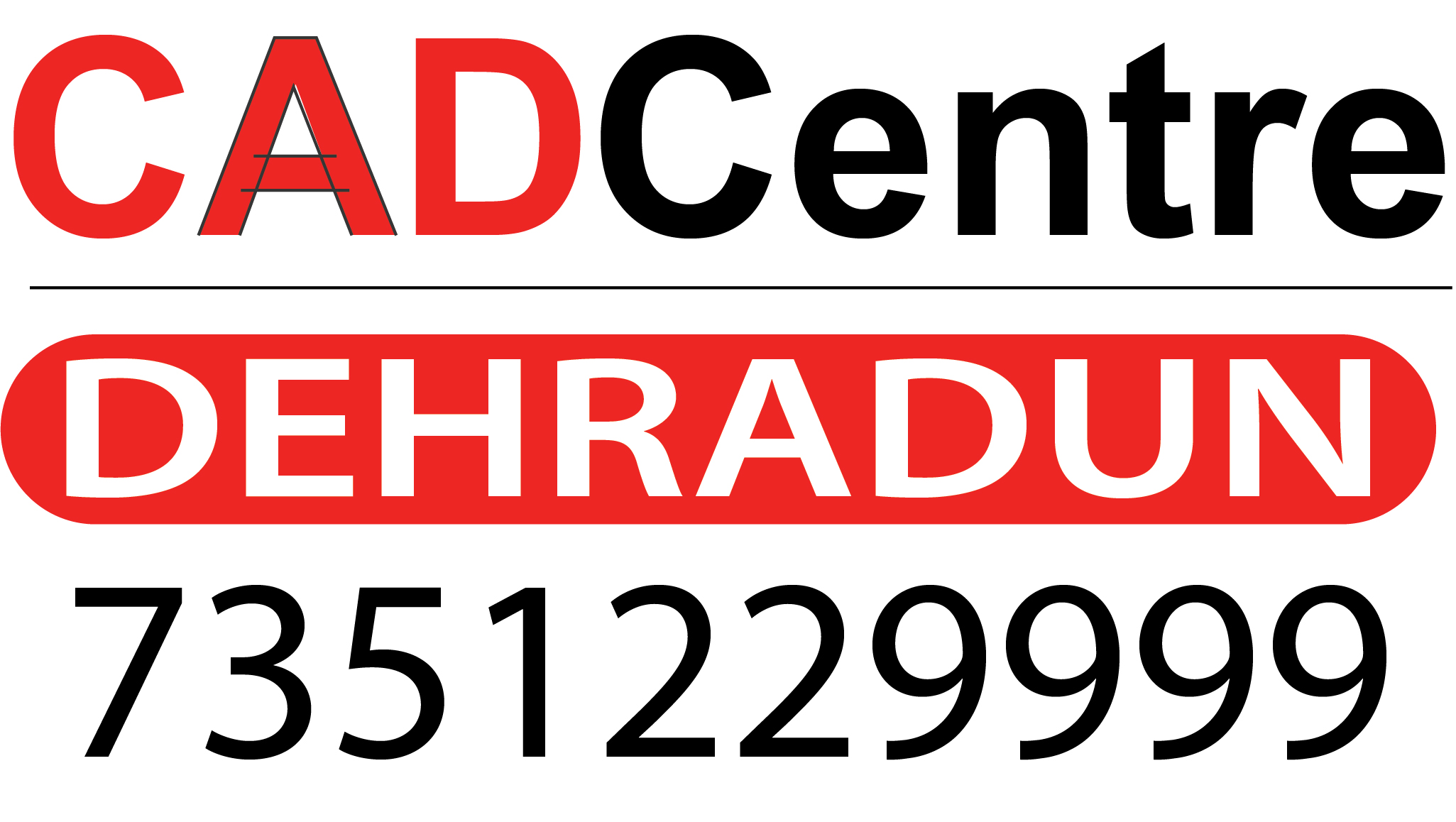PTC CREO Training in Dehradun
PTC CREO
PTC Creo, formerly known as Pro/ENGINEER, is a powerful and versatile computer-aided design (CAD) software suite developed by PTC (Parametric Technology Corporation). Creo is widely used in various industries, including manufacturing, automotive, aerospace, consumer products, and more, for product design, modeling, simulation, and product development.

CAD Centre is committed to introducing a wide range of comprehensive courses on Autocad training covering the entire diapason – from autocad Courses to Training structure to the conservation of training – in a phased manner.
Contact Us
-
9d Astley Hall, Dehradun, Above Book World, Dehradun, Uttarakhand 248001
- Sudhowala Chowk, Dehradun, Uttarakhand, 248007
- +91 7351229999
- info@reeaait.com
Scope
PTC Creo, as a comprehensive computer-aided design (CAD) and product development software suite, offers a wide-ranging scope with significant career opportunities and applications across various industries. Here’s an overview of the scope of PTC Creo:
Mechanical Engineering: PTC Creo is extensively used in mechanical engineering for 3D modeling, parametric design, and simulation. It is a valuable tool for designing complex mechanical systems and components.
Aerospace and Defense: In the aerospace and defense sectors, Creo is used for designing aircraft, spacecraft, military vehicles, and related systems. It plays a crucial role in ensuring safety, performance, and compliance with stringent industry standards.
Automotive Industry: Creo is a primary software choice for automotive design and engineering. It supports the creation of vehicle structures, parts, and assemblies, contributing to the development of innovative and efficient automobiles.
Industrial and Machinery Design: Creo aids in the design of industrial equipment and machinery, including manufacturing machinery, robots, and automation systems.
Consumer Products: Creo is used in designing a wide range of consumer products, from electronic devices to household appliances and consumer goods, helping create aesthetically pleasing and functional products.
Electronics and High-Tech: The software is applied in designing electronic components, printed circuit boards (PCBs), and high-tech devices, ensuring compatibility, reliability, and performance.
Medical Devices: Creo supports the design of medical devices and equipment, including surgical instruments, implantable devices, and diagnostic equipment, contributing to advancements in healthcare technology.
Architectural and Civil Engineering: While primarily a mechanical design tool, Creo can also be used in architectural design for complex building structures and structural components.
Customization and Automation: Creo specialists can create custom tools, scripts, and automation solutions to streamline design processes, making them more efficient and tailored to specific project needs.
Consulting and Services: Experts in Creo often provide consulting and training services to organizations looking to implement the software effectively and optimize their workflows.
Academic and Research: Creo is used in educational institutions and research organizations for teaching and conducting advanced research in engineering, design, and simulation.
Global Opportunities: Creo skills are transferable across regions and industries, offering career opportunities worldwide.
Sustainability and Eco-Design: Creo supports sustainability initiatives by allowing organizations to design products with a focus on energy efficiency, resource conservation, and environmental responsibility.
The scope of PTC Creo continues to evolve as it adapts to emerging technologies and industry demands. Its capabilities in 3D modeling, simulation, generative design, and collaboration make it an essential tool for organizations seeking to innovate, enhance product quality, and bring competitive products to market efficiently.
Job & Role
PTC Creo is a suite of computer-aided design (CAD) software tools primarily used for product design and engineering. Job roles related to PTC Creo typically involve tasks related to CAD modeling, simulation, and product development. Here are some common job roles associated with PTC Creo:
Mechanical Design Engineer: Mechanical design engineers use PTC Creo to create detailed 3D models and 2D drawings of mechanical components and systems. They are responsible for designing and optimizing products, ensuring they meet functional and performance requirements.
CAD Technician: CAD technicians work with PTC Creo to assist engineers and designers in creating technical drawings and documentation. They often focus on creating and maintaining CAD models, ensuring accuracy and consistency.
Product Development Engineer: Product development engineers use PTC Creo to design and develop new products or improve existing ones. They are involved in the entire product development process, from concept and design to testing and production.
Simulation Engineer: Simulation engineers use PTC Creo Simulation tools to analyze and test product designs virtually. They perform stress analysis, finite element analysis (FEA), and other simulations to ensure that products are safe and meet performance criteria.
Manufacturing Engineer: Manufacturing engineers use PTC Creo to create detailed manufacturing plans, including CNC (Computer Numerical Control) programming for machining processes. They optimize designs for manufacturability and work closely with production teams.
Quality Control Engineer: Quality control engineers use PTC Creo to inspect and verify product designs and manufacturing processes. They ensure that products meet quality standards and work to identify and resolve any issues.
Technical Support Specialist: Technical support specialists provide assistance to PTC Creo users, helping them troubleshoot issues, offering guidance on software usage, and resolving technical problems.
Application Engineer: Application engineers specialize in PTC Creo software and help customers implement the software effectively. They provide training, support, and customization services to meet specific project requirements.
Product Manager: Product managers oversee the development and enhancement of PTC Creo software. They work closely with engineering teams to prioritize features, gather user feedback, and ensure that the software meets market needs.
Sales Engineer: Sales engineers are responsible for selling PTC Creo software and related services to businesses and organizations. They have a deep understanding of the software’s capabilities and can demonstrate how it can benefit potential customers.
These are just a few examples of job roles related to PTC Creo. The specific responsibilities and requirements for each role may vary depending on the organization and industry in which they are employed. Additionally, some professionals may have a combination of these roles, especially in smaller companies or startups where employees wear multiple hats.

